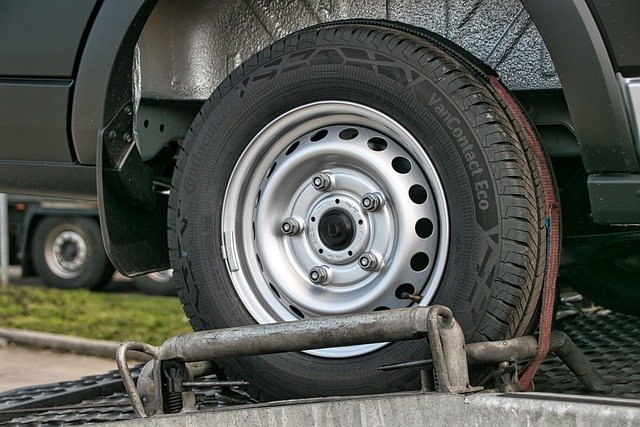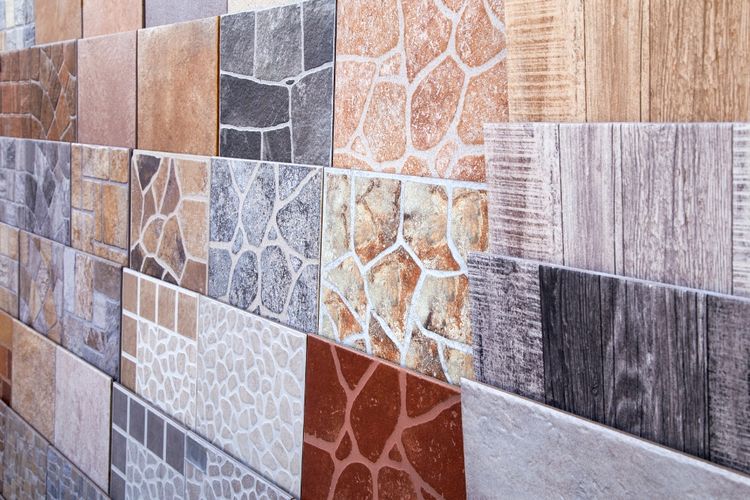Budget-Friendly Mobile Homes & Trailers for Modern Living
Explore how mobile homes and trailers provide an economical, flexible housing option for diverse lifestyles. From downsizing and retirement living to amenity-rich manufactured home communities, learn why these residences are an increasingly popular path to affordable homeownership and low-maintenance living.

Mobile homes and trailers have become attractive alternatives to traditional site-built houses by combining lower cost, greater flexibility, and simpler upkeep. Unlike conventional homes constructed on permanent foundations, these dwellings are produced in factories and either transported to a site or placed on non-permanent pads. That manufacturing approach affects construction methods, timelines, and overall expenses, and it shapes the lifestyle associated with these housing types.
How they differ from conventional houses
Key distinctions revolve around construction method, mobility, and price. Conventional homes are built in place on permanent foundations and often gain value over time. By contrast, mobile homes and trailers are prefabricated and intended to be moved or sited without poured foundations. Factory production typically shortens building time and reduces labor costs, which lowers the purchase price. Mobility also enables owners to relocate more easily or to live in communities where lot costs, rather than land ownership, are the norm.
Manufactured home communities and how they work
Also known as mobile home parks or residential parks, manufactured home communities are neighborhoods planned to accommodate these types of residences. They deliver infrastructure, shared services, and social structures that enhance the appeal of this housing model. Typical features include:
- Serviced lots with hookups for water, electric, and sewer
- Common amenities such as clubhouses, swimming pools, and recreation areas
- Landscaping and communal maintenance managed by park staff
- Security measures or gated entries in select communities
- Organized social events that encourage neighbor interaction
These parks blend the independence of owning a home with the convenience of managed services. For many occupants, especially older adults, this reduces the time and effort spent on routine upkeep while encouraging social engagement.
Why retirees are drawn to mobile homes and trailers
Retirees make up a significant share of residents in mobile home and trailer communities for several practical reasons:
- Affordability: Lower purchase prices and reduced monthly costs help stretch retirement funds.
- Easier maintenance: Smaller living spaces and community-managed services reduce chores.
- Social life: Close-knit parks often host activities and foster peer networks that counter isolation.
- Preferred locations: Many communities are sited near favorable climates or recreational areas frequently chosen by retirees.
- Intentional downsizing: Moving to a smaller home simplifies daily life and helps trim possessions.
Combined, these benefits let retirees remain independent while cutting expenses and enjoying a communal environment tailored to their interests.
The role of mobile homes and trailers in affordable housing
These housing types play a meaningful part in expanding access to affordable shelter. Their lower price points and reduced ongoing expenses make them attractive to first-time buyers, households on fixed incomes, and anyone seeking to lower housing costs. Common financial advantages include:
- Lower upfront purchase prices compared with many site-built homes
- Potentially smaller property taxes when land is leased or lots are compact
- Reduced utility bills due to smaller square footage
- Decreased maintenance expenses when communities handle common services
- Opportunities to generate income through renting or leasing units in certain markets
These economic features position mobile homes and trailers as viable solutions for people who need affordable, practical housing options.
| Housing Type | Typical Cost Range | Typical Size | Key Advantages |
|---|---|---|---|
| Mobile Home | $50,000 - $100,000 | 600 - 1,500 sq ft | Affordable ownership, relocatable, lower upkeep |
| Trailer | $20,000 - $50,000 | 200 - 400 sq ft | Highly portable, minimalist living, low entry cost |
| Traditional Home | $200,000 - $500,000+ | 1,500 - 2,500 sq ft | Customizable, potential appreciation, permanent |
Prices, rates, or cost estimates mentioned above are based on current information and may change over time. Independent research is advised before making financial decisions.
Benefits of downsizing to a mobile home or trailer
Choosing a smaller residence yields practical and lifestyle advantages beyond immediate savings. Financially, less cash tied up in housing frees funds for travel, healthcare, hobbies, or investments. Environmentally, compact dwellings generally consume less energy and require fewer materials. Practically, smaller footprints encourage decluttering and more intentional ownership of possessions. Mobility is another advantage: trailers and many manufactured homes are easier to relocate than site-built houses. Time savings also matter—reduced maintenance leaves more hours for leisure, family, or other pursuits. Many people who downsize report lower stress and a renewed focus on experiences and relationships.
Practical considerations before buying
While the benefits are substantial, prospective buyers should consider several important factors. Zoning rules and park regulations vary by location and can affect what you may do with a unit. Determine whether you will own the land or rent a lot; leasing land can reduce upfront costs but influence long-term equity and stability. Financing for manufactured homes often differs from traditional mortgages, so explore lenders who specialize in these products. Resale value depends on local market conditions, community upkeep, and whether the home is on owned land or a leased lot. Visiting neighborhoods, speaking with current residents, and researching local rules will help ensure the chosen option aligns with lifestyle and financial priorities.
Mobile homes and trailers offer a flexible, cost-effective route to homeownership and low-maintenance living for a wide range of people—from first-time buyers to retirees seeking a simpler lifestyle. As housing affordability remains a challenge in many regions, these dwellings will likely continue to be an important part of the housing mix for those seeking economical, community-focused living arrangements.






